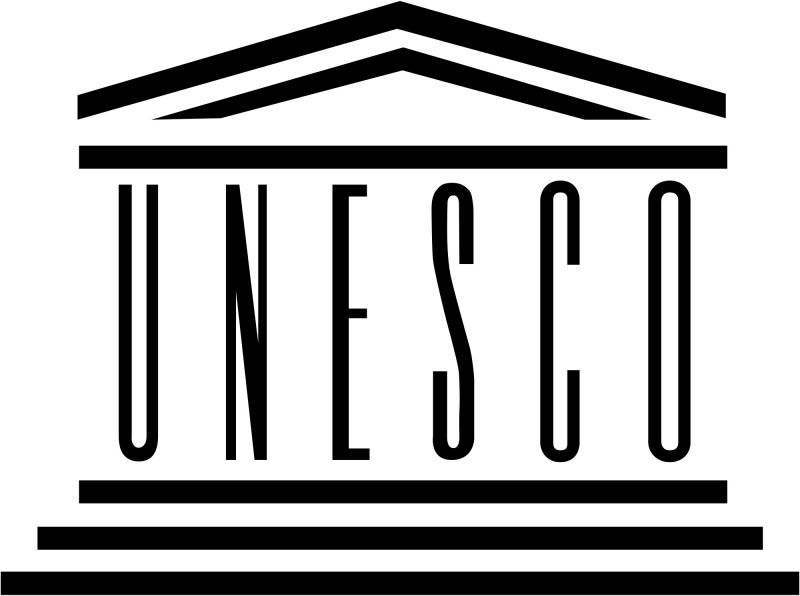UNESCO Demonstrates Multi-pronged Approach to Resilient Cities
Published on by Water Network Research, Official research team of The Water Network in Academic
By 2050, the world will be two-thirds urban, placing cities at the frontline of global challenges and opportunities .
Migration is a major factor of urbanisation, contributing significantly to economic development and cultural diversity. As people and assets concentrate in cities, these become increasingly vulnerable to the impact of climate change, disasters and conflicts. Yet if planned and managed well, cities will become an engine for sustainable development.
 For cities to be inclusive, safe and resilient, governments, mayors and local stakeholders need urban policies that integrate the soft power of culture, education, science and social integration, as suggested in the New Urban Agenda adopted at the Habitat III conference in 2016. UNESCO’s participation at the 9th World Urban Forum in Kuala Lumpur, Malaysia, 7-13 February 2018, demonstrated this with five events engaging international and local voices on how cities can forge a sustainable future.
For cities to be inclusive, safe and resilient, governments, mayors and local stakeholders need urban policies that integrate the soft power of culture, education, science and social integration, as suggested in the New Urban Agenda adopted at the Habitat III conference in 2016. UNESCO’s participation at the 9th World Urban Forum in Kuala Lumpur, Malaysia, 7-13 February 2018, demonstrated this with five events engaging international and local voices on how cities can forge a sustainable future.
UNESCO’s event on “Building Urban Resilience” focused on how cities cope with the provision of water-related services and natural hazards. Water services, for example, can be acutely affected by climate change. There are many replicable best practices and solutions for water management and policies, and disaster risk reduction.
Dr Nicola Tollin, part of the UNESCO Chair of Sustainability at the Technical University of Catalonia, President of RECNET and Executive Director of the International Programme on Urban Resilience, RESURBE, demonstrated the need to bridge local and international climate action at the urban level, with projects that use nature-based solutions for water management and generate environmental, economic, social and climate co-benefits.
The VISUS methodology, a science-based assessment methodology for school safety was also presented, along with the UNESCO International Hydrological Programme’s examples of knowledge sharing and exchange on water within the framework of the Megacities Alliance for Water and Climate (MAWaC), which are all useful tools and resources for enhancing the resilience of cities.
Source: UNESCO
Media
Taxonomy
- Integrated Urban Water Management
- Smart City
- Urban Water
- Urban Resource Management
- Urban Water Supply
- Urban Drainage System
- Urban Water Infrastructure
- Eco-City Development
- City
- Urban Design